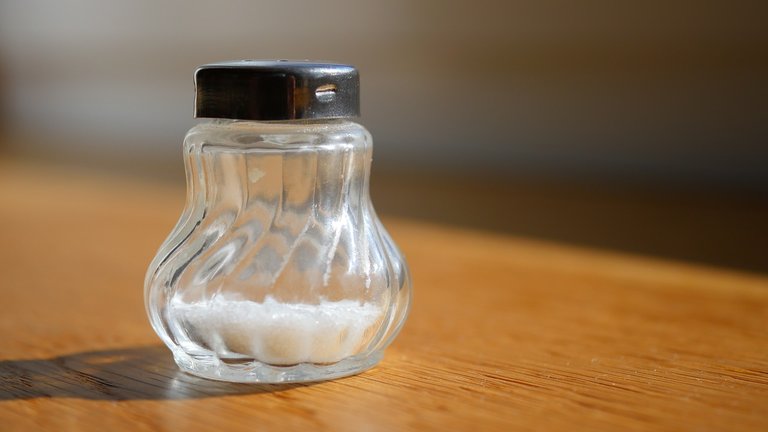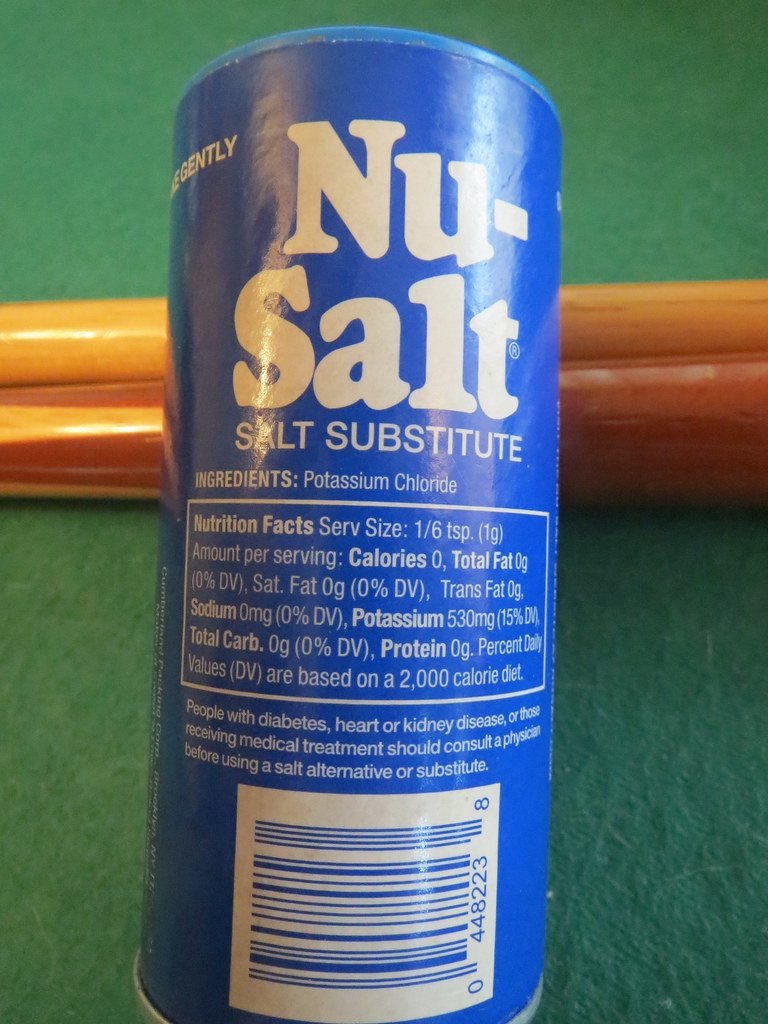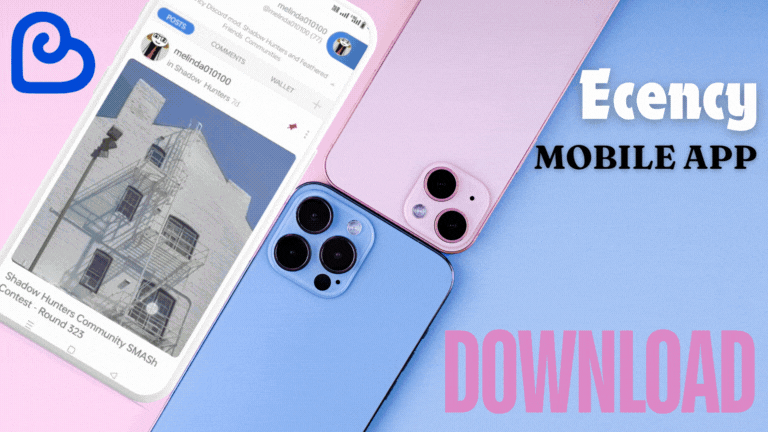If I decide to test your knowledge about salt, I mean table salt; you might fail a lot of the questions I will ask even with the knowledge you claim to know about salt. It is seen that most of the things we claim to know about salt is influenced by a lot of things you didn't consider.
Sodium has gotten a reputation or would I call it an association with one health condition which is blood pressure. You must have heard people say they are watching their salt because they are checking their blood pressure. A lot of people usually mix up sodium and salt together but these two are not the same. I was even surprised reading a lot of article in academia and seeing people misplace the two. Sodium is a part of the ingredient that makes up table salt. In a pinch of salt, 40% of the makeup is sodium while 60% is chlorine in the form of chloride.
On blood pressure, it is the precursor to hear diseases (cardiovascular disease). So when you hear Salt and Blood pressure, is there a link between the two, do they have any association or interaction or is it just an invalid myth spreading? The world health organization put out a document on Sodium in 2023 looking at Sodium intake reduction. Reading in part, it says that the evidence is clear; the more sodium we consume the more our blood pressure was going to rise, and they went further to say that blood pressure reduces when dietary sodium intake is reduced. They wrapped it up by saying that reducing sodium intake is one of the most cost-effective ways to improve health.
This looks like there sodium is completely targeted yet it is included in everything we consume. You see, what I see with the WHO publication is the lack of Nuance because two people could talk about the sun with one saying that the sun could burn the body so put on Sunscreen to prevent the burn but then the sun is good for plant, while the other says the sun is a good sun of vitamin D, saying that different rays and spectrum of extreme sun, and melanin production. If we look at the two words from the two people, they aren't wrong it is just the nuance at which the words are being related.
So what the WHO published looked like they just Ignored contrarian evidence, or they are being biased, and it now makes them look like there is an ulterior motive. Before we nail the WHO, let's look at the origin of Salt intake blood pressure. This didn't start last year when the WHO wrote the document, this has been since its first article in 1904 where two french scientists gathered 6 patient to check the correlation between blood pressure and salt intake, and they found that the some patients experienced high blood pressure with more salt intake and also, they found that some of the patients blood pressure didn't even make any changes regardless of the salt they consumed. The researchers began to look at a possible internal reason for why some people had increased blood pressure and some didn't.
Three years later, there was a German research that completely threw away everything the french researcher discovered. The opposing side were skeptical about the pioneer's and this led to the debate on whether salt was good or bad. This led to people purchasing items with the label Low Sodium, Less Sodium, or Lite Salt.
In 1960 Lewis Kitchener Dahl released a publication, and did another in 1962 and this was when people decided to pick sides because the first study had to do with the collection of people's urine from different parts of the world including the US, Northern and Southern Japan, Marshall Island, and Alaska to measure the sodium presence in their body and over 90% of sodium is excreted through the kidney. These people had different salt consumption average with Alaska being the least compared to blood pressure and the result showed that the more salt taken higher the blood pressure.
Blood pressure is measuring Systolic against Diatolic heart beat with systolic being pumping out and diastolic being the relaxation to pump again. The scientific community criticized this as not completely correct as other factors like stress, physical inactivity, and age weren't considered. It was also said that the amount of salt intake wasn't considered as well. People further concluded that he was biased as he mentioned that salt was a lethal agent comparing it to carcinogens and fall-outs such as fat, cigarette and alcohol.
The 1962 study had to do with 47 lab rats with half male and half female. They were placed on a 11.6% sea slaw chow over the course of 4 weeks. After the 4 weeks, he observed that some rat had elevated blood pressure while some didn't. It also showed that the offspring of rats with blood pressure also had increased blood pressure while the offspring of rats with no changes didn't experience changes. He labelled rats with increased blood pressure on salt as salt sensitive, while the ones that didn't have increased blood pressure salt resistant.
Accordidng to Dahl, offspring can inherit salt sensitivity from their parents which means it can be genetically transferred but while his research was done on lab rats in a controlled environment, humans are not living in such controlled environment, and we are extremely complex genetically and salt sensitivity is difficult to measure.
According to F.O Simpson, Dahl's gave the rats enormous amount of salt just to proof his result and he came to say that if the research was translated to human mass with respect to the amount of salt to be consumed in ratio to the rat experiment, no human could consume such daily but then this research was the one that led people to start becoming conscious of their salt intake.
Till date, there are scientists that believe that the evidence that salt raises blood pressure is effectively irrefutable while there are other scientists that believes that the data supporting universal salt reduction have not been compelling. So many of this scientist now have to deal with confirmation bias when doing a research because it looks like they have pitched their tents at one side of the camp because they will go to any length to prove they are right without looking for gray lines while ignoring nuance. To get to understand salt and sodium, we would look at what salt does in the body in the next post and we will look at recent researches on the topic.
Read More
https://cir.nii.ac.jp/crid/1573387449450688128
https://www.who.int/publications/i/item/9789240069985
https://www.ahajournals.org/doi/10.1161/HYPERTENSIONAHA.113.01831#R1R
https://academic.oup.com/ije/article/34/5/972/645875?login=false
https://pubmed.ncbi.nlm.nih.gov/16143660/
https://www.stat.berkeley.edu/~rice/Stat2/salt.html
https://pubmed.ncbi.nlm.nih.gov/13883089/
https://www.ahajournals.org/doi/10.1161/HYPERTENSIONAHA.113.01831#R1R
https://academic.oup.com/ije/article/34/5/972/645875?login=false
https://www.ncbi.nlm.nih.gov/pmc/articles/PMC6770596/
https://pubmed.ncbi.nlm.nih.gov/396090/







